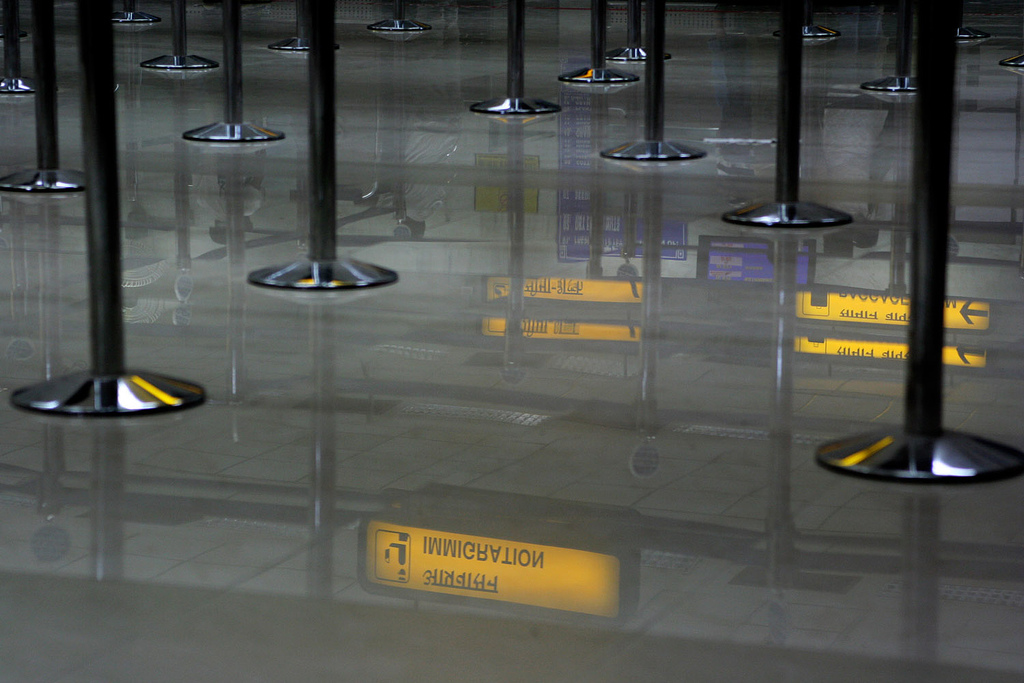
Courtesy of Nicola Romagna/ Flickr
Beginning August 9, 2018, international students and some other nonimmigrants (J, M) will start the countdown towards the 3-year and 10-year bar towards re-admission to the U.S. Prior to August 9, 2018, certain nonimmigrants who were admitted to the United States for a period of “Duration of Status” (D/S) did not have to worry about whether they accrued unlawful presence (ULP) and/or whether, when they left the U.S., they could return for a 3 or 10 year period. Now, as of August 9, 2018, those nonimmigrants last admitted to the U.S. for a period of time identified on their I-94 records as D/S may not be able to return to the U.S. for a 3-year or 10-year period if they have accrued ULP of 180+ days (prohibited, in general, from returning to the U.S. for three years) or 365+ days (prohibited, in general, from returning to the U.S. for ten years).
Determining whether a foreign national has accrued ULP is not easy, especially for international students who were admitted to the U.S. in F-1 status. Consequently, the best immigration option for those who do not wish to be deterred from returning to the U.S. because of the 3-year and 10- year bar may have been to depart from the U.S. earlier this week on February 5, 2019.
Whether an F-1 international student has violated his/her F-1 status so that ULP begins to accrue is not always obvious. Unfortunately, the regulations that govern U.S. immigration law do not always provide clear answers and are sometimes, as follows, internally inconsistent:
Section 8 C.F.R. 214.2(f)(10) provides that “A student may be authorized 12 months of practical training, and becomes eligible for another 12 months of practical training when he or she changes to a higher educational level”
This regulation is contradicted by the language provided in the following subsection, 8 CFR § 214.2(f)(10)(i), which provides that “students who have received one year or more of full time curricular practical training are ineligible for post-completion academic training.” Moreover, the requirements for Optional Practical Training (OPT), a period of work authorization following completion of studies, are not clear.
Some of those affected foreign nationals who have remained in the U.S. are hopeful that the decision in Guildford College et al v. Nielson will result in a revocation of the August ULP policy.
